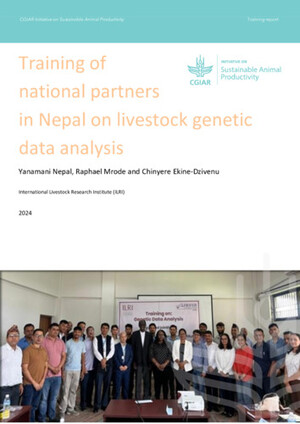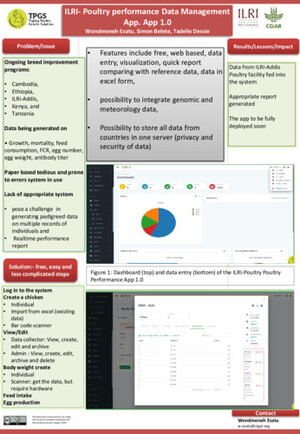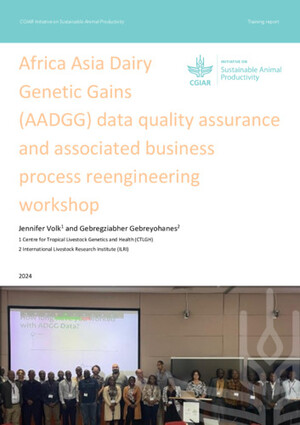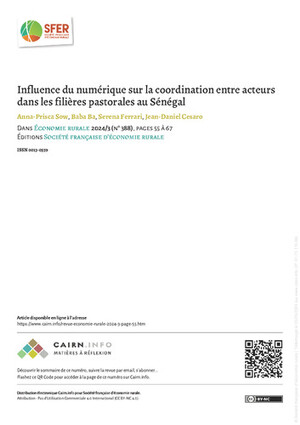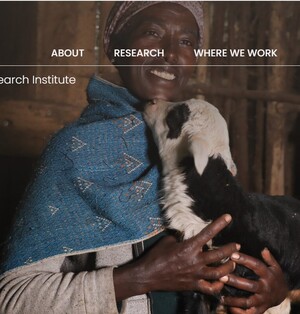
New data-driven estimation of terrestrial CO 2 fluxes in Asia using a standardized database of eddy covariance measurements, remote sensing data, and support vector regression: Data Driven Co 2 Fluxes in Asia
Abstract
The lack of a standardized database of eddy covariance observations has been an obstacle for data-driven estimation of terrestrial CO2 fluxes in Asia. In this study, we developed such a standardized database using 54 sites from various databases by applying consistent postprocessing for data-driven estimation of gross primary productivity (GPP) and net ecosystem CO2 exchange (NEE). Data-driven estimation was conducted by using a machine learning algorithm: support vector regression (SVR), with remote sensing data for 2000 to 2015 period. Site-level evaluation of the estimated CO2 fluxes shows that although performance varies in different vegetation and climate classifications, GPP and NEE at 8 days are reproduced (e.g., r2 = 0.73 and 0.42 for 8 day GPP and NEE). Evaluation of spatially estimated GPP with Global Ozone Monitoring Experiment 2 sensor-based Sun-induced chlorophyll fluorescence shows that monthly GPP variations at subcontinental scale were reproduced by SVR (r2 = 1.00, 0.94, 0.91, and 0.89 for Siberia, East Asia, South Asia, and Southeast Asia, respectively). Evaluation of spatially estimated NEE with net atmosphere-land CO2 fluxes of Greenhouse Gases Observing Satellite (GOSAT) Level 4A product shows that monthly variations of these data were consistent in Siberia and East Asia; meanwhile, inconsistency was found in South Asia and Southeast Asia. Furthermore, differences in the land CO2 fluxes from SVR-NEE and GOSAT Level 4A were partially explained by accounting for the differences in the definition of land CO2 fluxes. These data-driven estimates can provide a new opportunity to assess CO2 fluxes in Asia and evaluate and constrain terrestrial ecosystem models.
Citation
Ichii, K., et al. 2017. New data-driven estimation of terrestrial CO2 fluxes in Asia using a standardized database of eddy covariance measurements, remote sensing data, and support vector regression. Journal of Geophysical Research: Biogeosciences 122(4):767–795.





